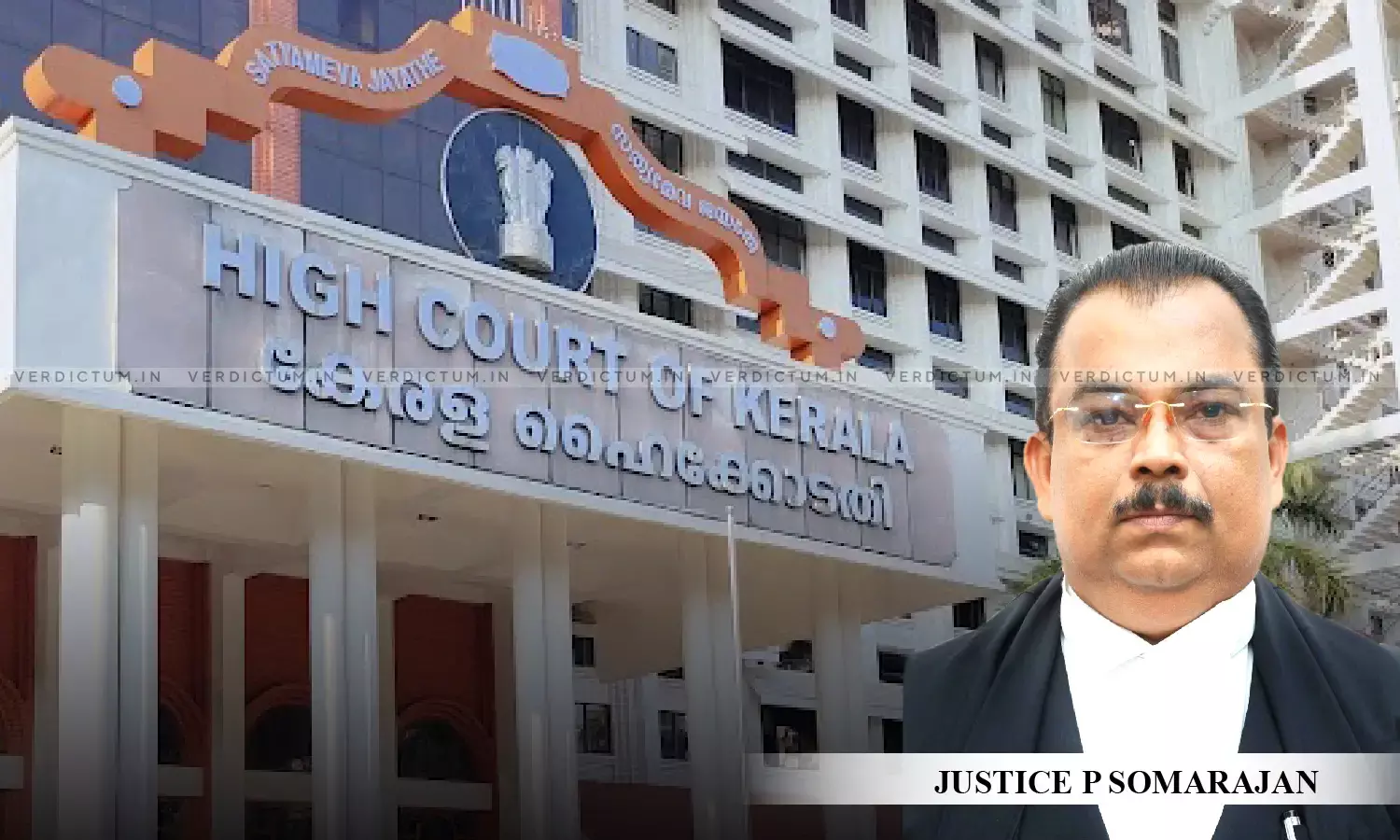Requirement For Urgent Relief U/s. 80(2) CPC Must Be Assessed On Subjective Satisfaction & Probability Of Irreparable Injury: Kerala HC

While observing that there is a failure on the part of the trial court to understand the real spirit under Section 80 C.P.C. and sub-section (2), the Kerala High Court ruled that the requirement to be complied with under Section 80(1) C.P.C. to bring up a suit against the Government or any public officer in respect of any act to be done in his official capacity by issuing two months’ notice in writing is a precautionary measure, subject to the application of subsection (2), by which an exemption was carved out to bring up a suit when it is necessary to obtain an “urgent and immediate relief” and a suit can be brought up without serving two months’ notice as required by subsection (1), but with leave of court.
“The proviso to sub-section (2) says that the court, if it is satisfied after hearing the parties that no urgent and immediate relief need be granted can return the plaint for presentation in compliance with the requirement under sub-section (1) by giving two months’ notice before the institution of the suit”, added the Court.
The Ruling came in reference to a rejection of leave under Section 80(2) C.P.C. by the trial court finding that there is no necessity for any urgent relief in the suit matter.
Stating that sub-section (2) is inserted under Section 80 CPC to protect the interest of the plaintiff from being defeated by any emergent danger or invasion of any valuable right, a Single Judge Bench of Justice P. Somarajan observed that “the court should give more importance to the existence of necessity or need of any urgent or immediate relief to protect the interest of the plaintiff and for that purpose, at the initial stage, the need, or the requirement for any urgent or immediate relief should be assessed based on subjective satisfaction and probability of irreparable injury”.
Advocate Rajesh P. Nair appeared for the Petitioner, whereas Government Pleader S. Unnikrishnan appeared for the Respondent.
The Bench elaborated that the court must give due consideration regarding the existence of any urgent or immediate relief rather than sticking to the requirement under sub-section (1) of Section 80 C.P.C. for compliance with two months prior notice in writing.
“Necessarily, there cannot be any objective satisfaction at the initial stage to reject leave under Section 80(2) C.P.C. to institute the suit without the compliance of the requirement of two months prior notice in writing”, added the Bench.
The High Court went on to observe that the section shall not be read as an absolute mandate regarding the requirement of two months prior notice in writing, but should always be read as a precautionary measure for the benefit of the Government or the public servant as well as the plaintiff, the aggrieved person, to allow addressing the grievance within the time of two months as specified in sub-section (1) without litigation.
Hence, the High Court clarified that the provision shall not be interpreted as a condition precedent invariably in all cases, since the real spirit of the provision is resting on the question of avoidance of litigation against the State Government or a public servant by providing them two months to redress the grievance of the plaintiff and not to defeat any valuable right of the plaintiff, especially any urgent and immediate relief.
The Bench, therefore, stated that the courts should always bear in mind the cardinal principle while dealing with the grant of leave by virtue of sub-section (2) of Section 80 CPC, which has been overlooked by the trial court.
Accordingly, the Bench restored the suit to the file of the Trial Court.
Cause Title: St. Pius X. Church v. State of Kerala and Ors.
Click here to read/download the Judgment

